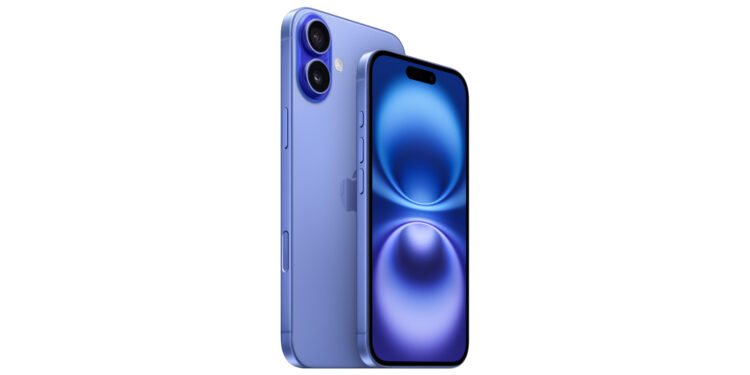When the Trump administration announced 145 percent tariffs on goods imported from China, Apple came under pressure. Many of the company's devices, including the iPhone, are manufactured in China. Higher import costs would have had a direct impact on prices. Tim Cook, Apple's CEO, reacted quickly and with a clear strategy. He ensured Apple received an exemption. Find out exactly what happened and what role political connections played here.
Tariffs sound like a topic for business news, but they affect us all. Whether someone uses an iPhone or a MacBook, such political decisions are relevant. They determine whether the next device will be more expensive or not. The Apple case shows how closely business and politics are intertwined. Tim Cook understood this and acted accordingly. This article gives you an overview of how Apple reacted to the Trump administration's tariff policy, what was going on behind the scenes, and what might happen next (via The Washington Post).
Tim Cook picked up the phone straight away
After Trump announced the high tariffs, Tim Cook immediately got into action. He called US Secretary of Commerce Howard Lutnick and explained that the tariffs would have a direct impact on the iPhone. Higher prices for Apple products would have been inevitable, which in turn could have reduced demand. But Cook didn't stop at one conversation. He spoke with several high-ranking government officials in the White House. In public, he never expressed any criticism of Trump. He apparently knew that open criticism would do more harm than good. Another point: Tim Cook personally donated one million dollars to Trump's inauguration. This may seem coincidental, but it probably wasn't. It fits with Cook's cautious tactics of not angering Trump, but rather deliberately influencing him.
Apple products were excluded
The strategy worked. The Trump administration made an exception for Apple: iPhones, Macs, Apple Watches, iPads, and other devices were exempt from most tariffs. This was a clear victory for Apple – it meant stable prices for buyers in the US. But this exemption may not be permanent. Just one day after the decision, Trump said that no one was "off the hook" and that there was "no tariff exemption." He announced that companies like Apple could slip into other tariff categories. The focus here is on semiconductors and supply chains from China, which are now to be examined more closely as part of a national security investigation.
Apple shares react sensitively
The uncertainty surrounding the tariffs was also noticeable on the stock market. Apple shares fluctuated sharply in the weeks following the announcement. At one point, they lost as much as 20 percent of their value before recovering somewhat after the temporary exemption. For investors and users, this shows how strongly political decisions can influence a technology company like Apple.
Cook was already successful in Trump's first term
This isn't the first time Tim Cook has successfully handled such a situation. During Trump's first term in office, he was able to prevent tariffs from being imposed on Apple products. Back then, he convinced Trump that the tariffs would have given Samsung—a direct competitor from South Korea—an unfair advantage. Trump emphasized in the current situation that he doesn't want to be pressured by companies. At the same time, he mentioned that he "recently helped" Tim Cook. This shows that Cook apparently still has a direct line to the president—which could benefit Apple in the future if Trump again exerts influence on trade policy.
Production in the USA remains difficult
Trump has been demanding for years that Apple manufacture its products in the USA. But this is difficult for several reasons: there is a shortage of skilled workers, building factories is expensive, and wages in the USA are higher than in China. All of this makes production in the United States economically unattractive. Nevertheless, Apple is investing in the USA. The company has announced it will invest $500 billion in the country. At a facility in Houston, Apple plans to build so-called private cloud compute servers together with Foxconn. These servers are not mass-produced products like the iPhone, but special devices with lower production runs. Therefore, they can be manufactured more economically in the USA.
US tariff policy remains a risk for Apple
Cupertino has demonstrated how economic risks can be mitigated through political sensitivity and targeted communication with decision-makers. Tim Cook obtained an exemption for key Apple products without publicly opposing the Trump administration. The exemption from Chinese tariffs secures the company stable production and sales conditions in the short term. Whether this situation will last remains to be seen. The US government is already examining new tariff categories, particularly in the semiconductor and electronics sectors. Future developments will significantly influence how Apple's production costs, market position, and product prices develop. (Image: Apple)
- Apple now produces one in five iPhones in India
- Apple production in China unsustainable according to Trump
- Apple reduces emissions by 60% and sets new standards
- iPhone 16e puts Apple at the top of the smartphone market
- CVE database without funding – what is at stake now





